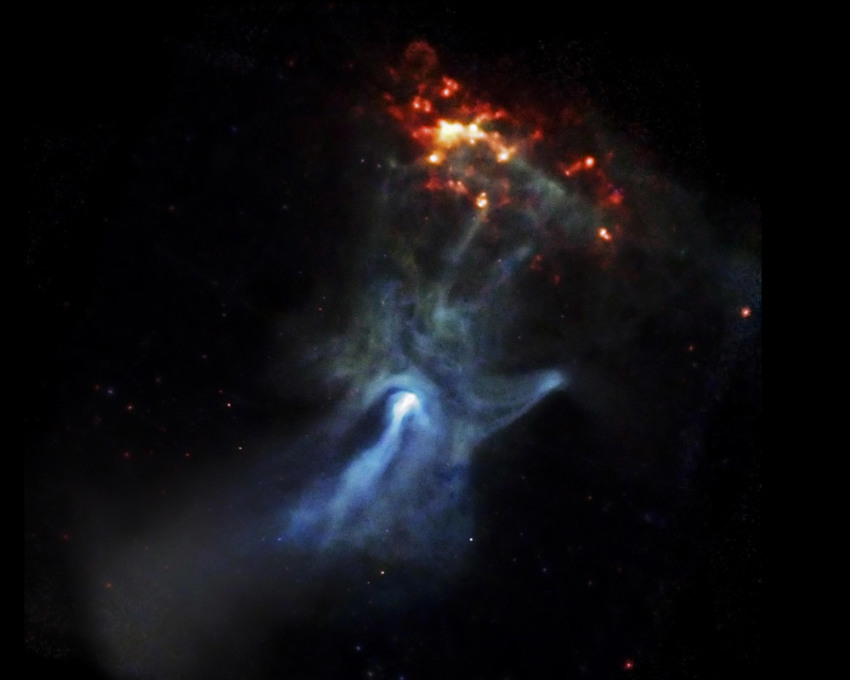Top Vatican Astronomer Challenges Stephen Hawking's Atheistic Beliefs, Says God Is Supernatural

Brother Guy Consolmagno, a Jesuit priest and director of the Vatican Observatory, has challenged physicist Stephen Hawking's atheistic beliefs, and argued that while God's workings can in part be explained by science, God remains supernatural.
Consolmagno, an astronomer who's hosting a three-day conference on May 9–12 at the papal summer residence in Castelgandolfo, Italy, about the relationship between science and the Divine, argued that God is not simply the cause of the Big Bang.
"If you look at God as merely the thing that started the Big Bang, then you get a nature god, like Jupiter throwing around lightning bolts," Consolmagno said, according to a Crux article on Monday.
"That's not a god I want to believe in," he said. "There are many ideas of god, which means there are many gods I don't believe in.
"We must believe in a God who is supernatural," he continued. "We recognize God as the one who is responsible for existence, and our science tells us how he did it."
The Vatican scientist took a dig at Hawking, the renowned physicist who in the past has said that he believes in science rather in God.
"Stephen Hawking said that he can explain God as a fluctuation in the primordial gravity field," Consolmagno said. "If you buy that, it means God is gravity ... maybe that's why Catholics celebrate mass!"
Hawking, who has been warning that humans might only have 100 years to find a new planet to live on if they want the species to survive, told El Mundo newspaper back in 2014, "Before we understood science, it was natural to believe that God created the universe, but now science offers a more convincing explanation."
He added, "What I meant by 'we would know the mind of God' is we would know everything that God would know if there was a God, but there isn't. I'm an atheist."
Consolmagno argued, however, that there are some things science can prove about the workings of God, but for other things faith is needed.
"God is not something we arrive at the end of our science, it's what we assume at the beginning," he said, adding: "I am afraid of a God who can be proved by science, because I know my science well enough to not trust it!"
Consolmagno also urged believing scientists to "come out of the closet" and show people that it's possible for faith and science to come together.
"More scientists who are church-goers need to make their science known to their parishioners," he said.
"They should set up their telescopes in the church parking lot, or lead nature trails for youth groups," he added. "People in churches need to be reminded that science was an invention of medieval universities founded by the church, and that the logic of science comes out of the logic of theology."
Consolmagno positioned in March 2016 that Christians who reject science believe they can dictate His limits.
"To me (the issue) comes down to two problems: Scientists not having enough humility to understand that they don't have all the answers and religion not having enough to recognize that they can't tell God how He should have made the universe," he said at the time.



























